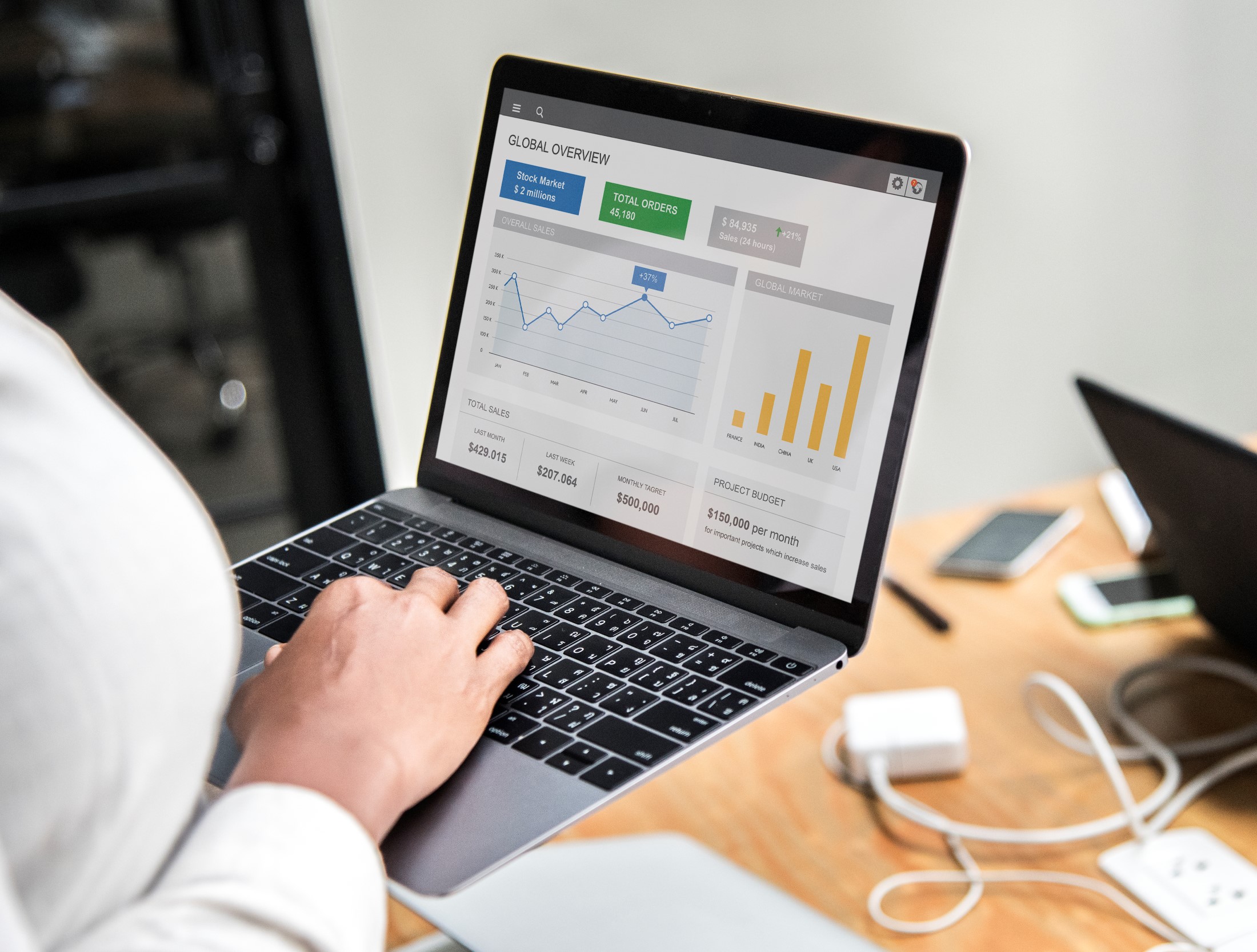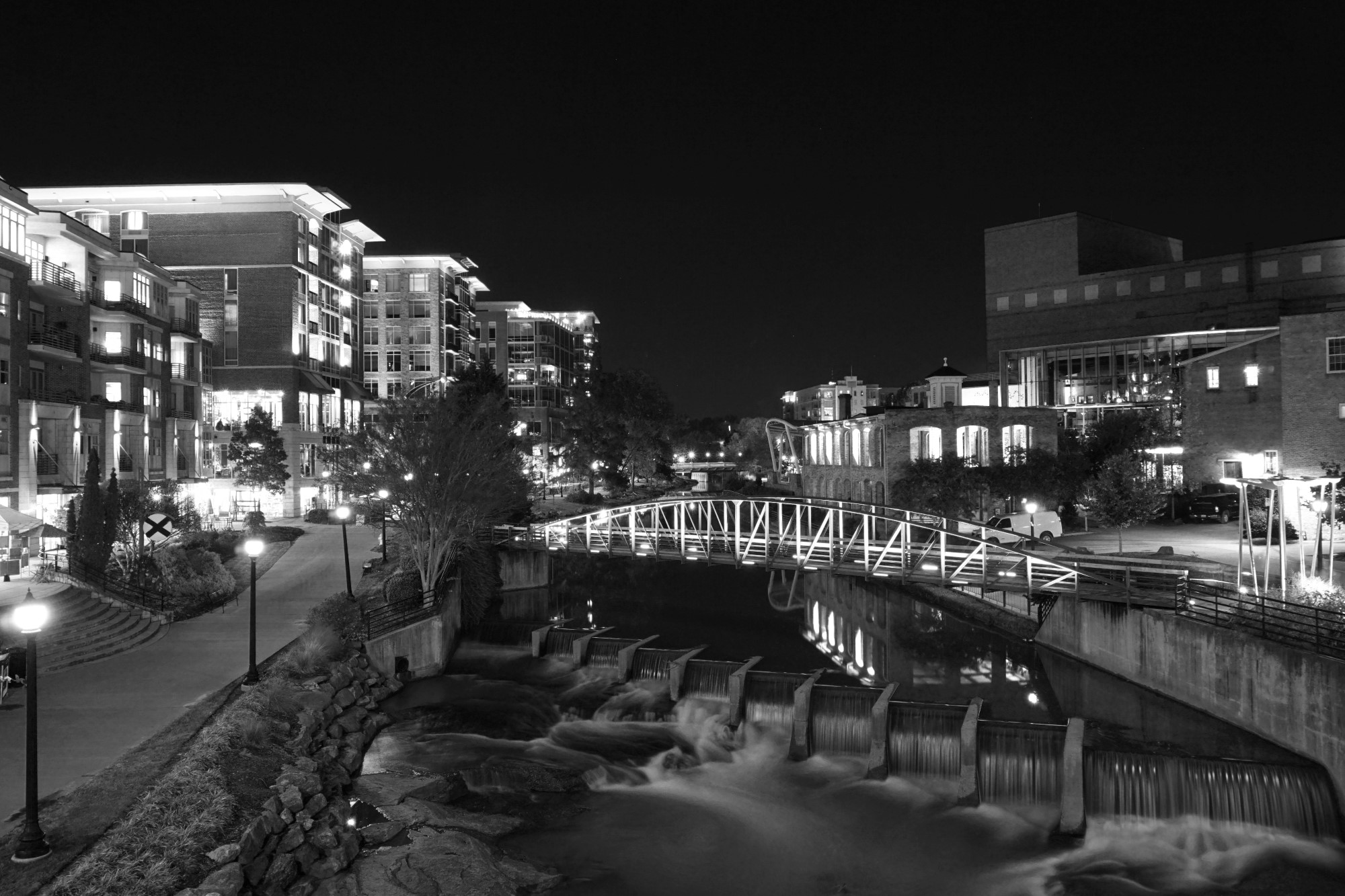Running your Greenville luxury business is more than a full time gig. It’s your passion. Because at the end of the day, it’s your signature brand. You deliver the kind of exclusive, bespoke quality that your customers demand. And that’s no easy feat.
There comes a time when even though you want to do it all, you can’t. You can’t be everywhere at once. That’s why you hire a team of trusted professionals to understand and deliver the kind of service you do, even when you’re not there.
The same can be said for marketing. As your luxury business grows, you’ll need digital marketing experts to conceive, strategize, implement and measure tailored campaigns that will help scale your brand and reach your ideal clients.
Digital marketing is a multi-pronged endeavor, requiring the efforts of professionals who understand your business, your goals, and how to measure the strategies they put in place.
Two essential areas they should focus on key performance indicators (KPIs) are Search Engine Optimization (SEO) and Google Ads campaigns.
So, how do you know in plain language that these efforts are successful?
Let’s look at their individual key performance indicators to find out.
Google Ads
Conversions. This metric measures the number of desired actions taken by users after clicking on your ad. For luxury brands, conversions might include product purchases, newsletter sign-ups, or booking appointments for high-end services. Tracking conversions helps you understand how effectively your ads are driving valuable customer actions.
Cost Per Conversion. This KPI calculates the average amount spent to acquire a single conversion. By dividing your total ad spend by the number of conversions, you can determine whether your campaigns are cost-effective. Luxury brands should aim for a cost per conversion that aligns with their profit margins and customer lifetime value.
Cost Per Click. CPC represents the average amount you pay each time a user clicks on your ad. While luxury brands may be willing to pay higher CPCs for premium keywords, it’s crucial to monitor this metric to ensure your ad spend remains within budget and delivers a positive return on investment.
SEO
Organic Traffic. This metric measures the number of visitors coming to your website through unpaid search results. For Greenville luxury brands, increasing organic traffic can lead to greater brand awareness and potential customers. Monitor your organic traffic growth over time to gauge the effectiveness of your SEO efforts.
Engagement Rate. This KPI assesses how users interact with your website after arriving from organic search results. Metrics such as time on site, pages per session, and bounce rate contribute to your overall engagement rate. High engagement indicates that your content resonates with your target audience and can positively impact your search rankings.
Average Position. This metric represents where your website appears, on average, in search engine results pages (SERPs) for targeted keywords. Luxury brands should aim for top positions to maximize visibility and click-through rates. Improving your average position can lead to increased organic traffic and brand authority.
Remember that while these KPIs are important, they should be viewed as just a part of your overall marketing goals and brand strategy. Luxury brands often prioritize quality over quantity, so it’s essential to balance these metrics with other factors such as brand perception, customer experience, and long-term customer value.
In addition to digital marketing, your local community efforts such as in-person events, sales and involvement will contribute to brand presence, customer loyalty, and overall business success over the course of time.
And in the vibrant, growing metropolis of Greenville, that’s an exciting goal to achieve.





